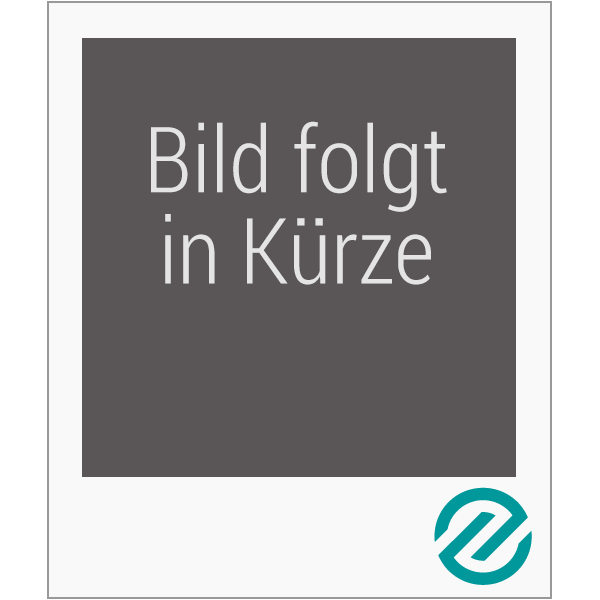Nicht lieferbar

Studien zur Erzählungsliteratur des Mittelalters I - IV
(Sitzungsberichte der Kaiserlichen Akademie der Wissenschaften, Wien.)
Versandkostenfrei!
Nicht lieferbar
Anton Emanuel Schönbach (1848-1911) war Professor für Germanistik in Graz und ein bedeutender Kenner des Mittelalters. Im zweiten Teil seiner Studien zur Erzählliteratur des Mittelalters analysiert er die Vorauer Novelle. Dieses im 13. Jh. entstandene mittel-hochdeutsche Gedicht bezieht sich eng auf eine der beiden sog. Reuner Relationen, die sich im Besitz des steiermärkischen Zisterzienserkloster Reun befinden. Der Dichter verstand es, sich über die engen tendenziösen Schranken seiner Vorlage in das allgemein Menschliche zu erheben. Legenden und Wundererzählungen, die sich im Nachhall...
Anton Emanuel Schönbach (1848-1911) war Professor für Germanistik in Graz und ein bedeutender Kenner des Mittelalters. Im zweiten Teil seiner Studien zur Erzählliteratur des Mittelalters analysiert er die Vorauer Novelle. Dieses im 13. Jh. entstandene mittel-hochdeutsche Gedicht bezieht sich eng auf eine der beiden sog. Reuner Relationen, die sich im Besitz des steiermärkischen Zisterzienserkloster Reun befinden. Der Dichter verstand es, sich über die engen tendenziösen Schranken seiner Vorlage in das allgemein Menschliche zu erheben. Legenden und Wundererzählungen, die sich im Nachhall der Antike entwickelt hatten, wurden von der Erzählpoesie des Mittelalters übernommen.Schönbachs "Studien zur Erzählungsliteratur des Mittelalters" in den Wiener Sitzungsberichten sind wie vergleichbare Texte aus der Blütezeit der Germanistik noch immer mit Gewinn zu lesen.
Anton Emanuel Schönbach (1848-1911) was Professor of German at Graz and an important authority on the middle ages. In the second part of his study of mediaeval narrative literature he analyses the Vorau Novella. This 13th-century Middle High German Poem is closely related to the two 'Reuner Relationen' which are held by the Cistercian Monastery in Reun. The poet was able to rise above the tendentious limitations of his models to attain a general human appeal. Legends and wonder-tales which had grown up in the aftermath of classical culture were taken over by the narrative poetry of the middle ages. Schönbach's 'Studien zur Erzählungsliteratur des Mittelalters', published in the proceedings of the Vienna Academy can, like other texts from the golden age of German literary studies, still be read with great profit.
Anton Emanuel Schönbach (1848-1911) was Professor of German at Graz and an important authority on the middle ages. In the second part of his study of mediaeval narrative literature he analyses the Vorau Novella. This 13th-century Middle High German Poem is closely related to the two 'Reuner Relationen' which are held by the Cistercian Monastery in Reun. The poet was able to rise above the tendentious limitations of his models to attain a general human appeal. Legends and wonder-tales which had grown up in the aftermath of classical culture were taken over by the narrative poetry of the middle ages. Schönbach's 'Studien zur Erzählungsliteratur des Mittelalters', published in the proceedings of the Vienna Academy can, like other texts from the golden age of German literary studies, still be read with great profit.



